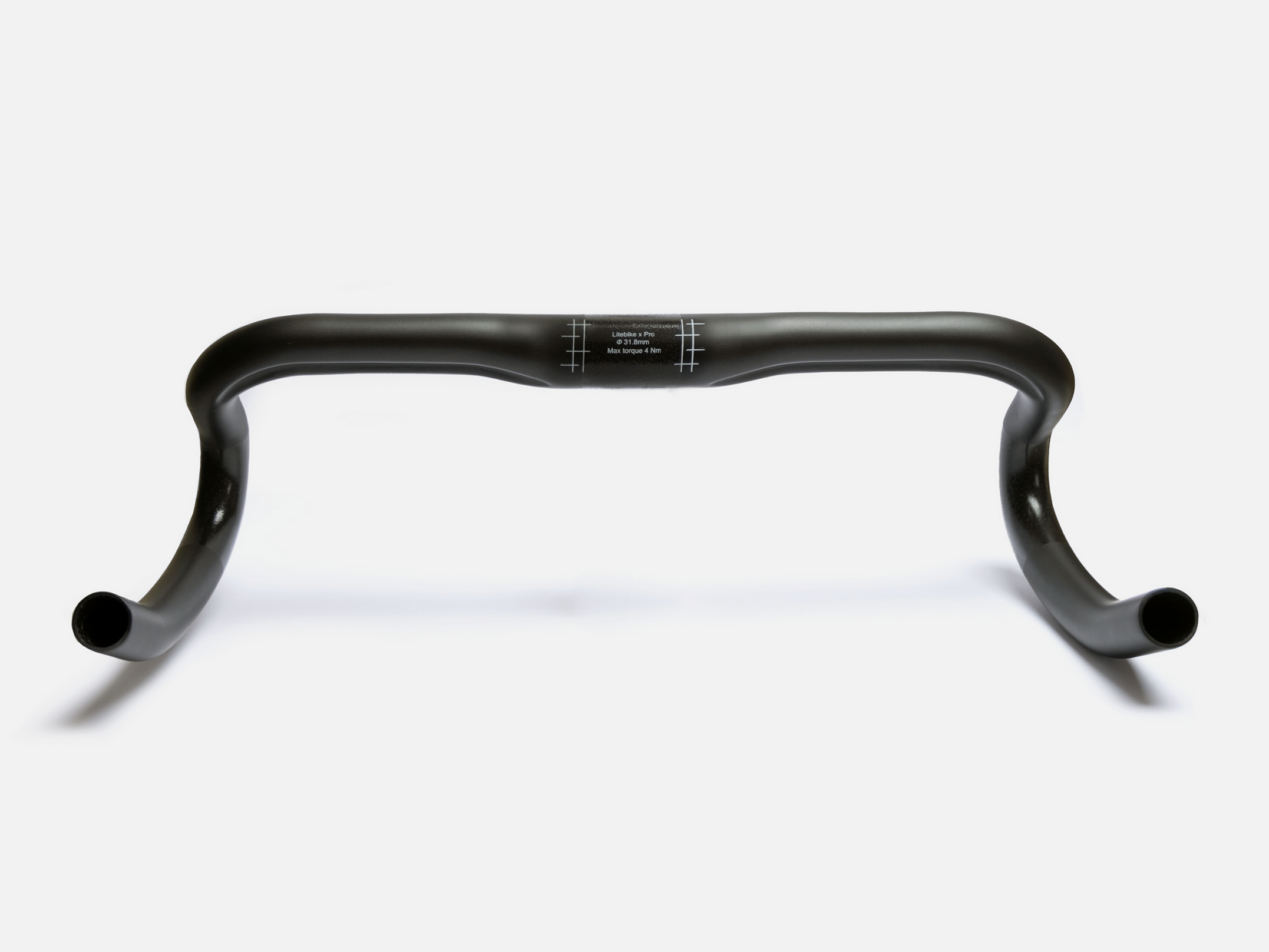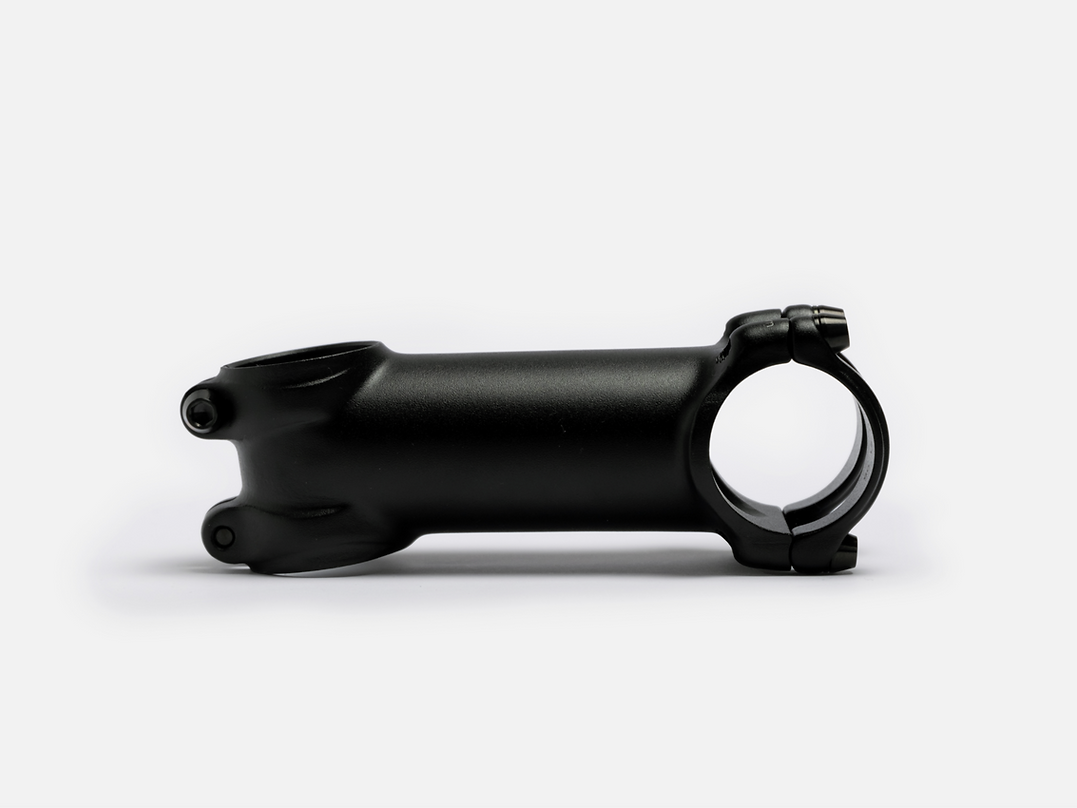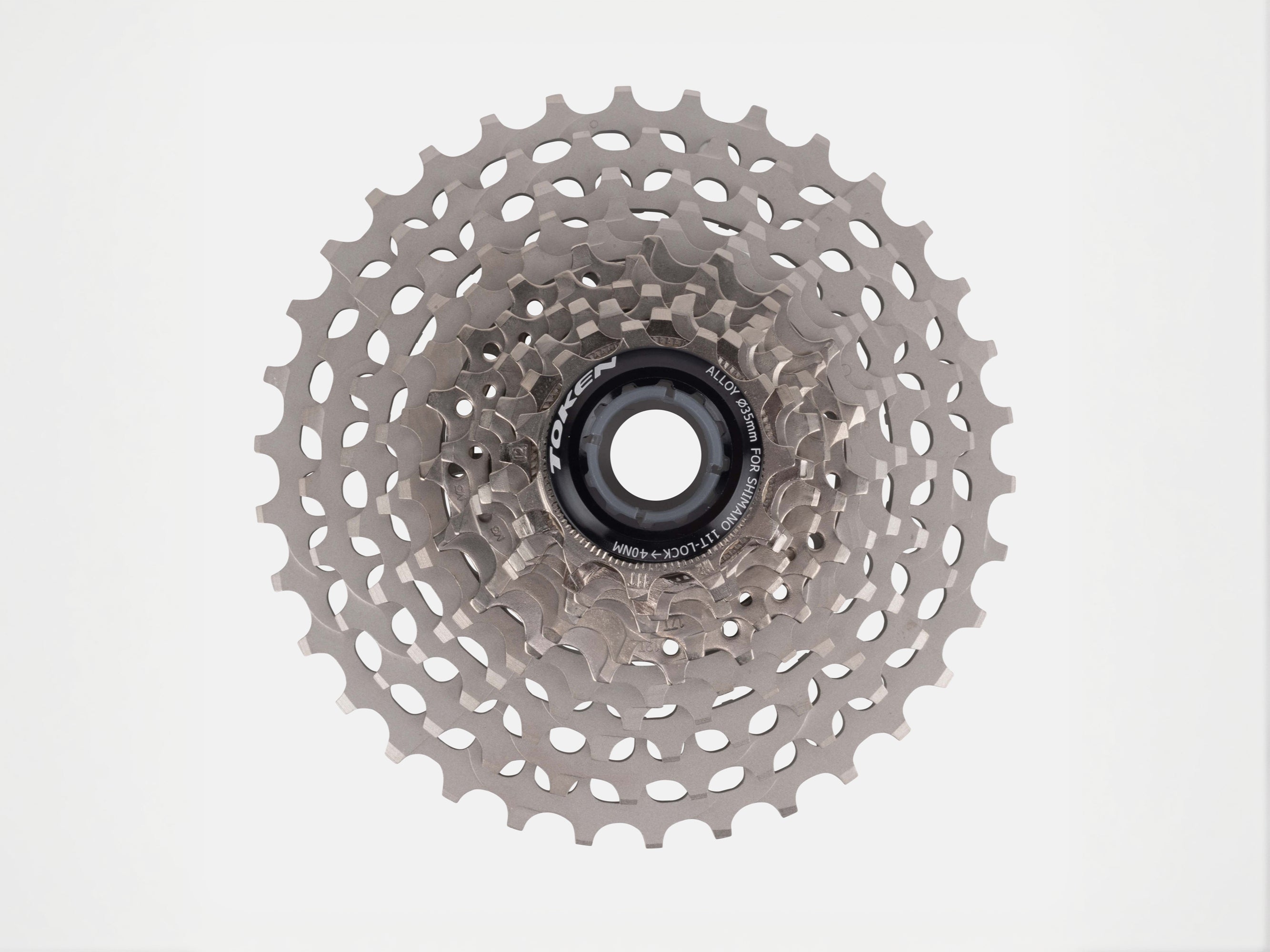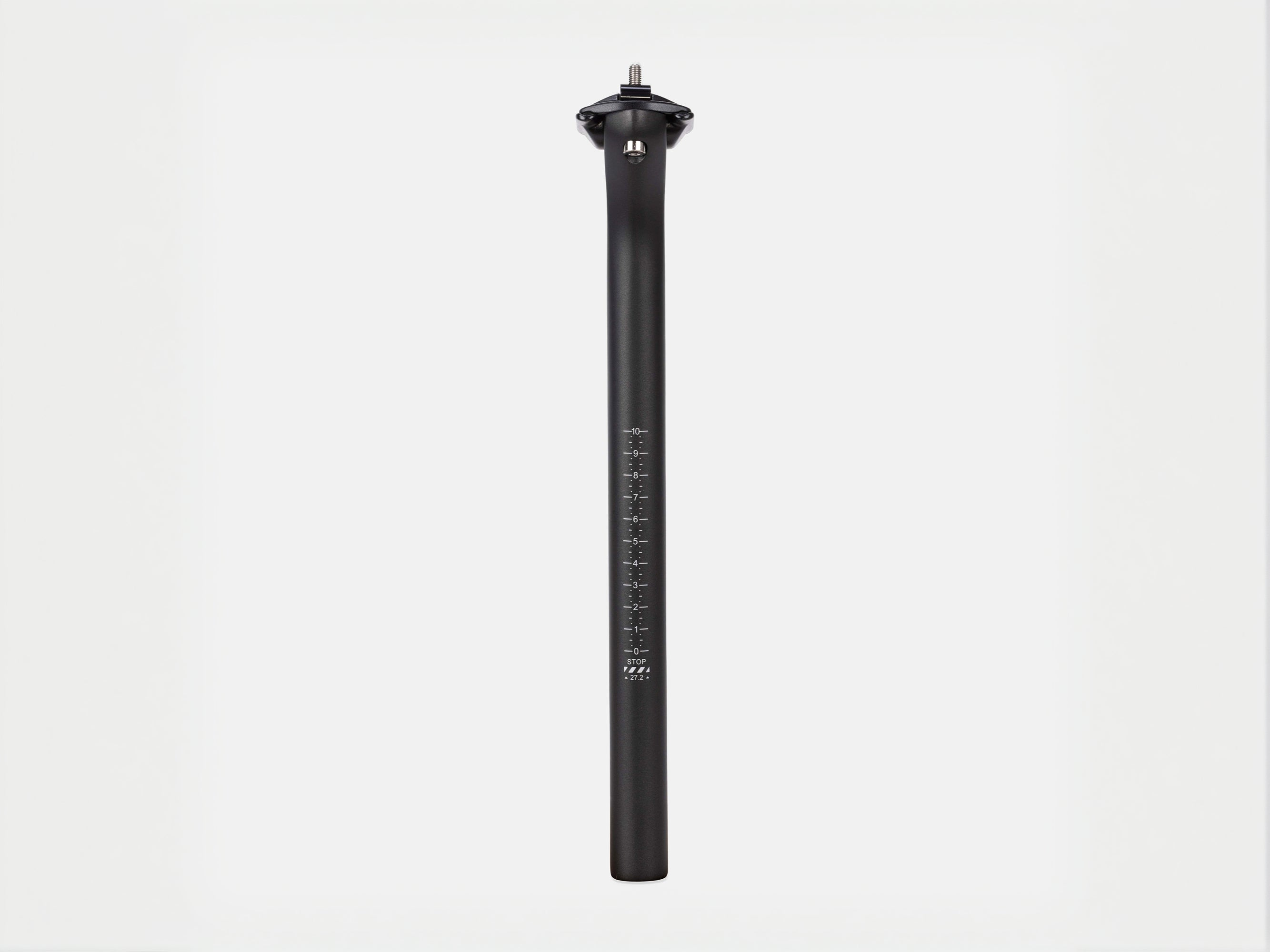We know that during sleep the body repairs and regenerates cells which help us consolidate memories and process learning. But there are so many gaps in our understanding of sleep, despite decades of research. For example, on the very issue of consolidating memories, scientists are still trying to understand exactly how this works.
Another area of ongoing research concerns the relationship between sleep, sports and improved cycling performance. What we know is that sleep helps. The regenerative role sleep plays at a cellular level means that muscles have time to repair and rebuild, which over time helps improve cycling performance. There is no hard and fast rule on the amount of sleep you need as everyone is slightly different, but the National Sleep Foundation recommends that adults get somewhere in the 7-9 hour range.
The difference sleep can make to performance has been shown repeatedly across athletic disciplines. In studies where athletes get enough sleep they perform better. For example, a 2011 Stanford study found that college basketball players who extended their sleep by an average of 1.5 hours per night improved speed and accuracy in free throw shooting, as well as increased sprint times and reaction times. Another study of college swimmers found that getting more sleep was associated with improved swim times and higher stroke counts.
In addition to physical performance, sleep also plays a role in injury prevention and recovery. Chronic sleep deprivation can increase the risk of injury due to impaired coordination, reduced reaction time, and decreased muscle strength. On the other hand, getting enough sleep can promote muscle recovery and reduce inflammation, which can speed up healing and prevent injury.
There have been plenty of cyclists who put improvements in their cycling performance down to better sleep. Chris Froome, four-time Tour de France winner, credited his sleep routine with helping him recover faster and perform better on the bike. Rebecca Rusch, three-time winner of the Leadville Trail 100 mountain bike race, has written extensively about the importance of sleep in her training and racing. She even created a sleep kit that includes earplugs, an eye mask, and lavender essential oil to help her relax and sleep better. Both may have taken advice from Paula Radcliffe who wrote in her autobiography that sleeping 10-12 hours a day was a key factor in her success as a runner.
While Chris, Rebecca and Paula are all professional athletes who achieved at the pinnacle of their sport, there's no obvious reason why their praise for sleep would not also apply to the keen amateur looking to improve their cycling performance. It will be the same mechanics at work.
There is so much more we still need to figure out when it comes to the link between sleep and sports that can help improve cycling performance. For starters, it would be great if we knew, with more accuracy, how much sleep we needed based on our characteristics (e.g. age, gender, training volume etc).
Secondly, we know very little about the relationship between the timing of sleep and how it might affect cycling performance. Some research (see Lastella et al, 2015) suggests that morning people perform better in the morning, while evening people perform better later in the day. This area is ripe for further study.
Thirdly, we know too little about the mechanics at work that improve recovery and reduce injury risk beyond a basic understanding that sleep is effective. Hopefully the next decade of research will help us better understand the links with cycling performance helping us take our sport to the next level.








